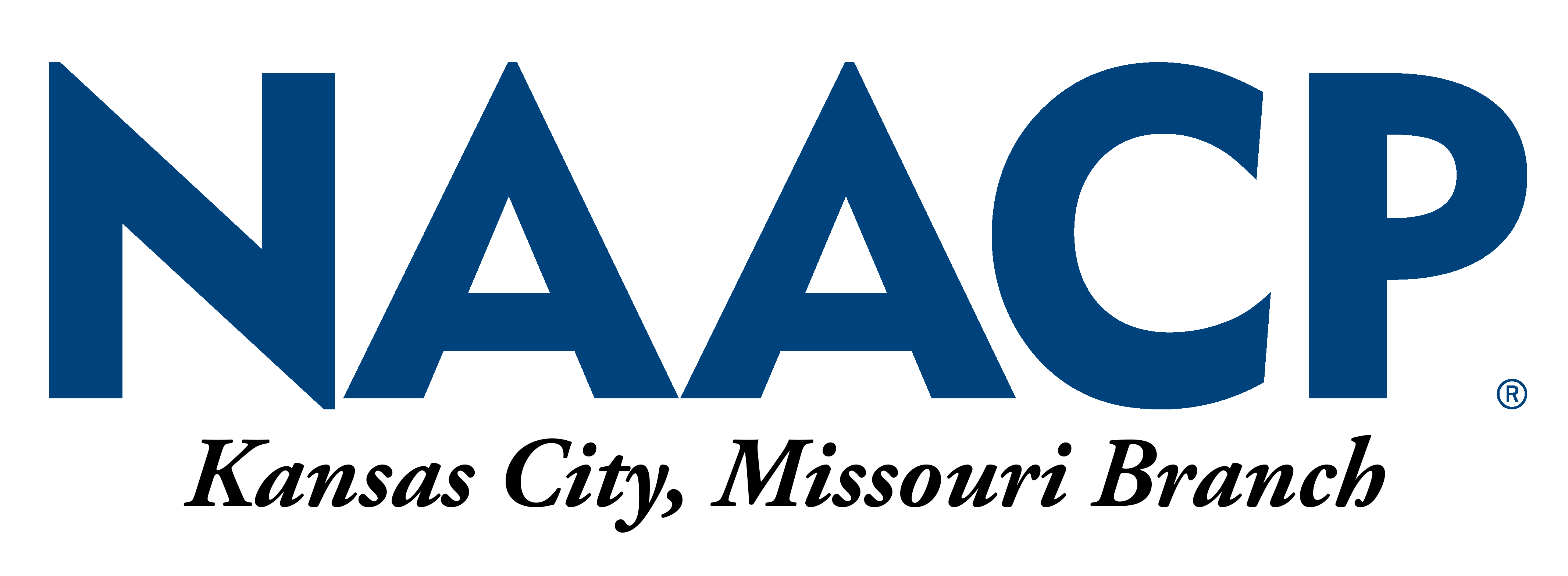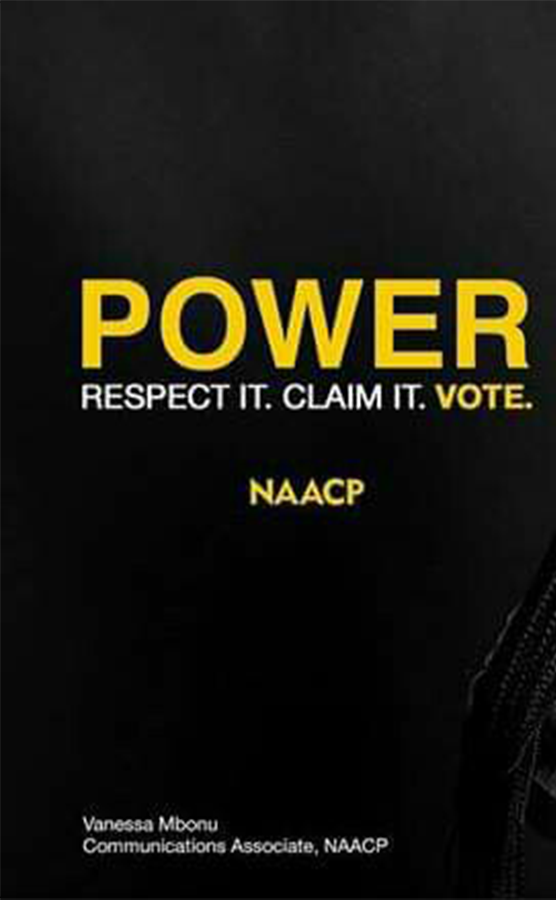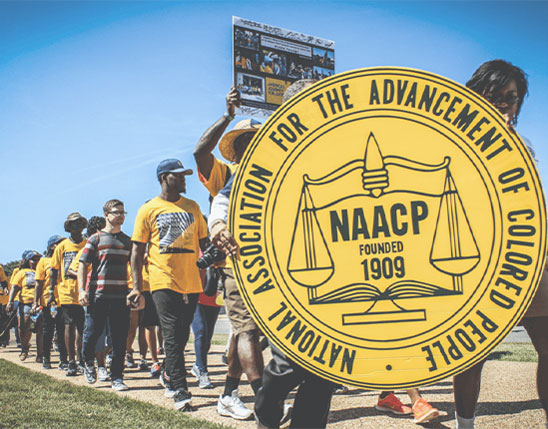
GAME CHANGERS
In the fall of 2011, the NAACP launched a process to develop its strategic direction and plan, creating a powerful vision for the future, and setting organizational goals that would focus its work for the 21st Century.
The six NAACP Game Changers below address the major areas of inequality facing African Americans that are the focus of the NAACP’s work.
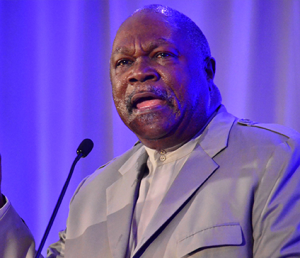
Economic Sustainability
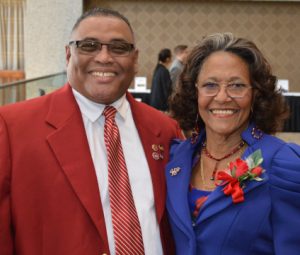
Education
A free, high-quality, public education for all Every child will receive a free, high quality, equitably- funded, public pre-K and K-12 education followed by diverse opportunities for accessible, affordable vocational or university education.
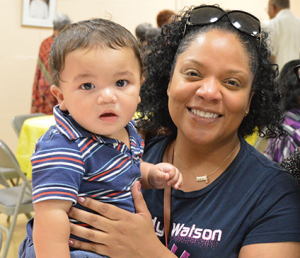
Health
Health equality for all Americans including a healthy life and high-quality healthcare Everyone will have equal access to affordable, high- quality health care, and racially disparate health outcomes will end.
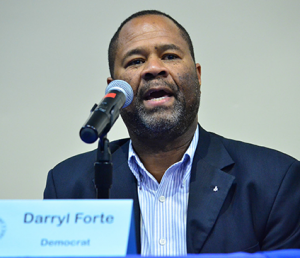
Public Safety and Criminal Justice
Equitable dispensation of justice for all Disproportionate incarceration, racially motivated policing strategies, and racially biased, discriminatory, and mandatory minimum sentencing will end. Incarceration will be greatly reduced and communities will be safer. The death penalty will be abolished at the state and federal level, as well as in the military.
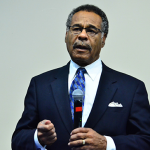
Voting Rights and Political Representation
Protect and enhance voting rights and fair representation Every American will have free, open, equal, and protected access to the vote and fair representation at all levels of the political process. By protecting democracy, enhancing equity, and increasing democratic participation and civic engagement, African-Americans will proportionally elected to political office.

Expanding Youth and Young Adult Engagement
The NAACP is expanding the presence of youth consciousness in every aspect of the Association through significant attention to expanding engagement with key age demographic (1979 and after). Young adult engagement will be key in policy research, development and advocacy on all levels. Greater support is being made to enhance the capacity of local units to recruit, engage, train and retain young adults. Innovative approaches are being taken on young adult membership and program engagement.
